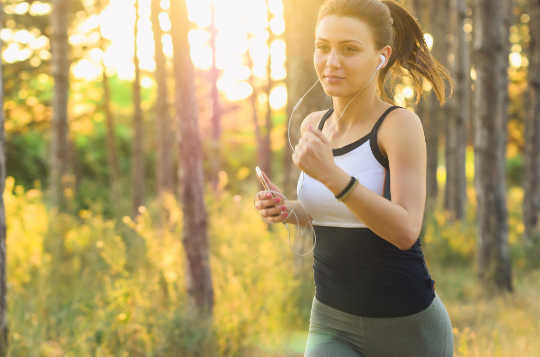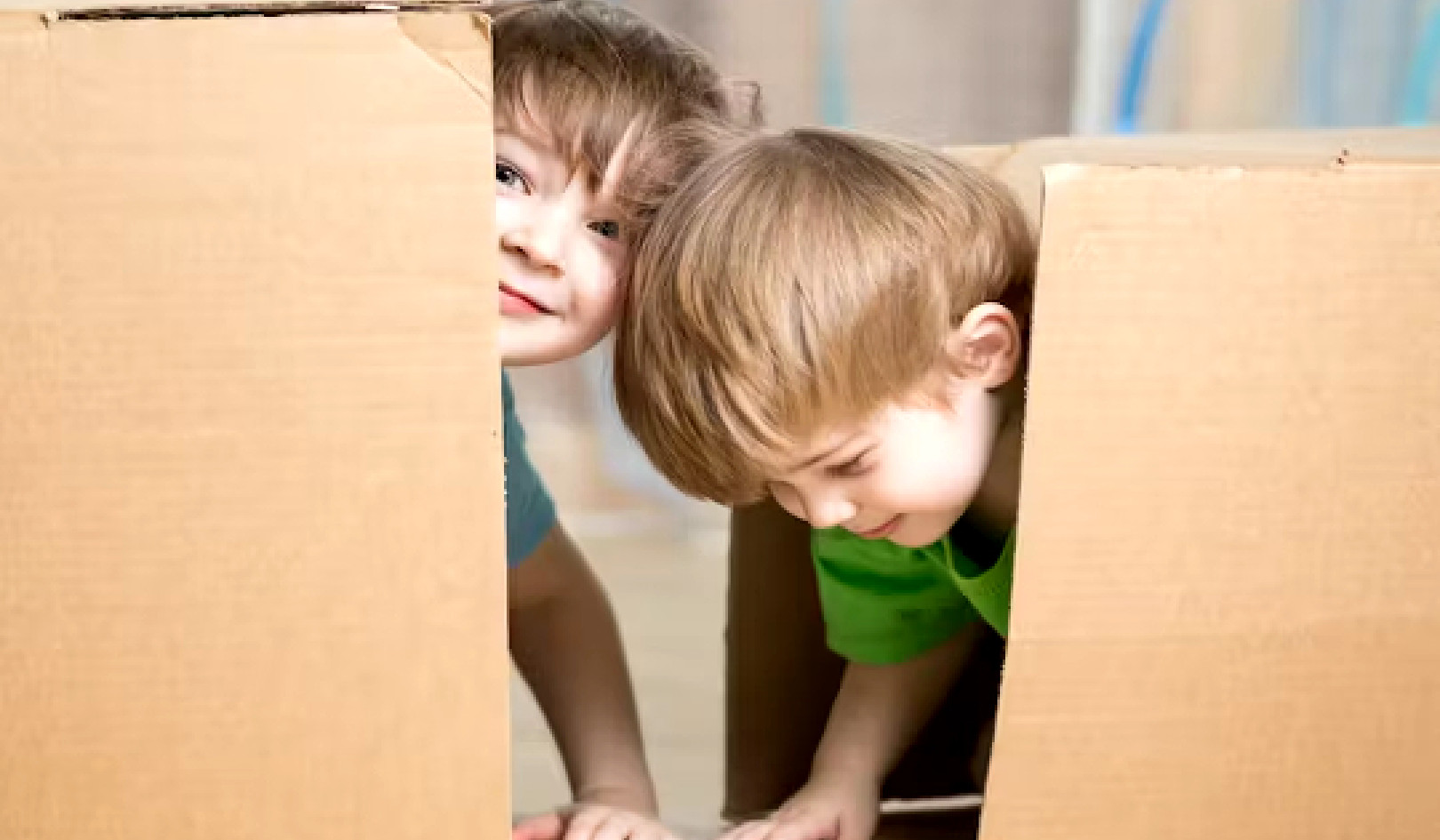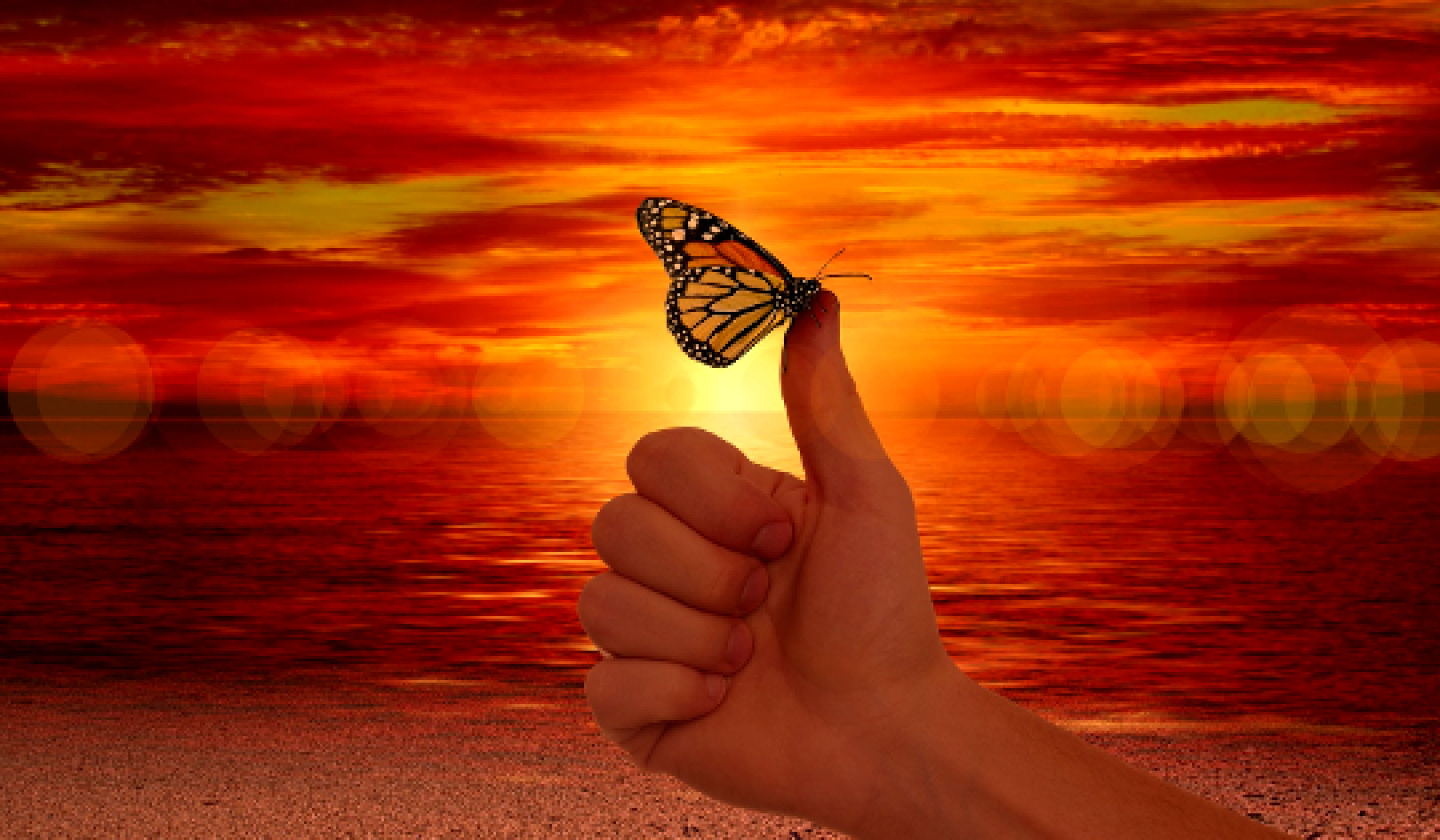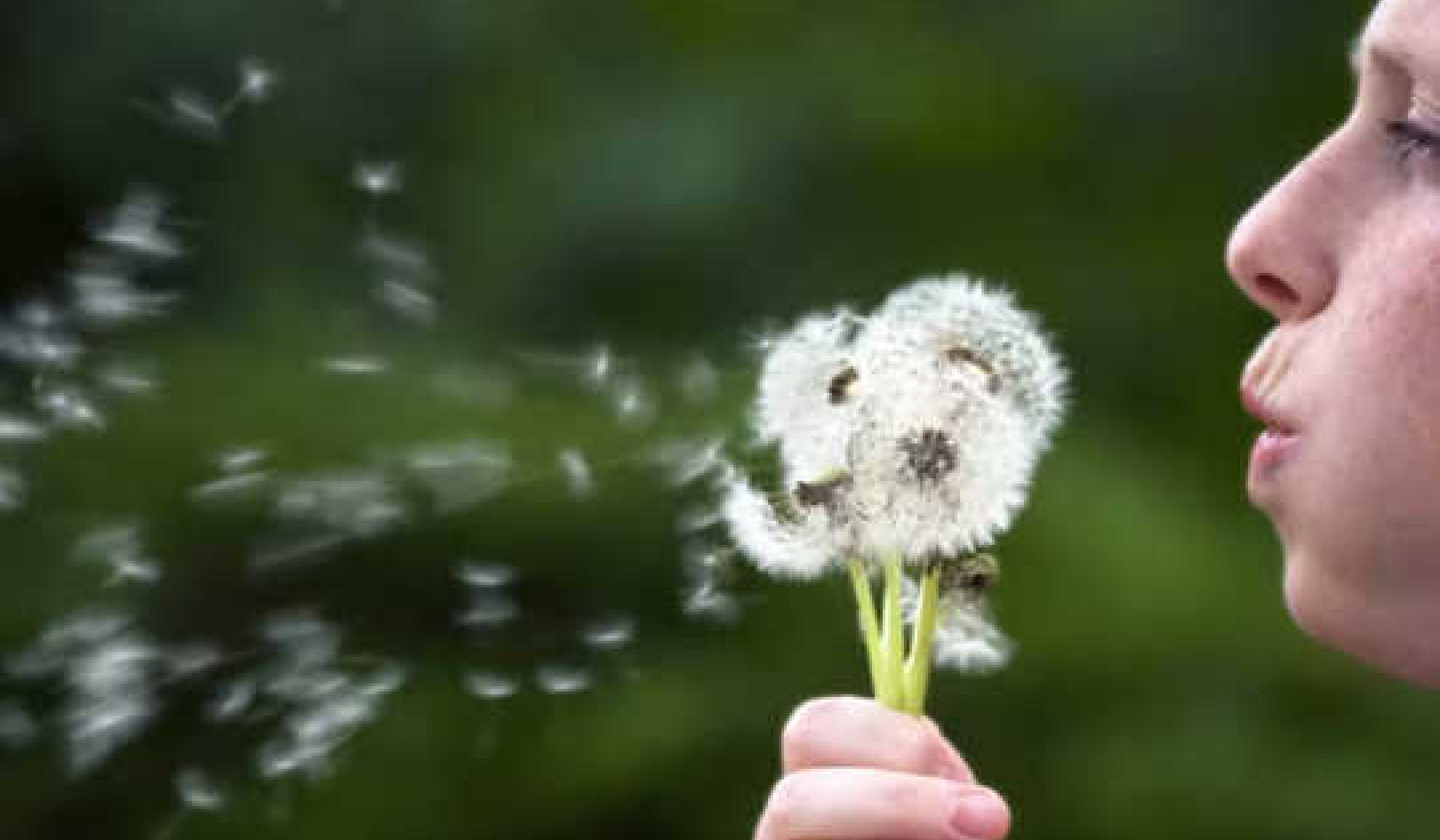
Image by StockSnap
* Editor’s note: This article reflects the official COVID-19 guidance at the time of first publication in March 2020. New Zealand’s lockdown continue to be updated, including new advice on April 4 about water-based activities, hunting, tramping, or other activities of a kind that expose participants to danger or may require search and rescue services. Check here if you’re unsure what you can do outdoors.
During New Zealand’s four-week lockdown, all sporting facilities, back-country walking trails and parks are closed to stop the spread of coronavirus and avoid injuries.
But New Zealanders have high participation rates in outdoor sports and for many people, outdoor recreation activities are part of their coping strategy during times of high stress. Connecting with the natural environment is an important contributor to their sense of identity, community and belonging.
My research into the benefits of informal sports and outdoor recreation during war and conflict and following disasters such as the Christchurch earthquakes has clear parallels with the challenges New Zealanders face during lockdown. This work shows the importance of outdoor activities for people’s resilience, as well as the creative strategies they will deploy as they attempt to rebuild a sense of routine in their lives.
Our neighbours drew a chalk obstacle course for miss 4 outside our house. ????????????Gotta love kiwi community spirit. #WeGotThis #lockdownnz #Day5 pic.twitter.com/2cauBVVBYa
— Jono Tucker (@txtjono) March 30, 2020
Clearing up mixed messages about outdoor exercise
At the start of the lockdown period, the government’s messages about outdoor activities were mixed. While the prime minister has encouraged people to simply “stay home” and not leave the neighbourhood when exercising, the Ministry of Health COVID-19 website clearly states:
As long as you are not unwell, you can leave your house to:
- access essential services, like buying groceries, or going to a bank or pharmacy
- go to work if you work for an essential service
- go for a walk, or exercise and enjoy nature.
If you do leave your house, you must keep a 2 metre distance from other people at all times. Police may be monitoring people and asking questions of people who are out and about during the Alert Level 4 lockdown to check what they are doing.
The message that people should enjoy outdoor activities within walking distance from their homes highlights the considerable inequities in access to outdoor recreation. Not everyone is lucky enough to live within walking distance from the beach or a bush reserve. Such inequities will be felt over the coming weeks.
The initial confusion has divided outdoor sports communities. An online poll by Surfing New Zealand revealed that 58% of surfers believe surfing should be acceptable with social distancing. Many continue to surf despite a ban on using the ocean for recreational purposes.
Some local communities are taking it upon themselves to police such activities. In the name of community protection, threats of verbal, physical or symbolic violence are being posted across digital forums. Many are reporting those breaching Level 4 restrictions to police.
While the debate continues to rage in some lifestyle sport communities, the majority of New Zealanders have shown they’re committed to broader public health goals over their individual needs and desires, and most have been doing the right thing on social distancing.
Several national and local sport organisations – including Fish and Game, the Mountain Safety Council, Coastguard, and NZ Water Safety – have issued statements strongly discouraging hiking, hunting, mountain biking and other outdoor and ocean pursuits.
Keeping moving is essential for our wellbeing, so it’s important to know what you can and can’t do across the next month. We have some detailed advice and answers to frequently asked questions about using playgrounds and visiting beaches during lockdown. https://t.co/A0ilJ5us9B pic.twitter.com/OT1luuvcH6
— Sport NZ (@SportNZ) March 27, 2020
By now, the government message has become much more consistent, encouraging people not to drive for anything other than essential needs and not to enter the ocean for recreational activities.
Outdoor recreation boosts recovery and resilience
The benefits of sport and physical activity for physical health and mental well-being are well documented. Research also illustrates the value of sport, physical activity and play for resilience during times of high risk or ongoing stress, and the restorative value for those who have experienced traumatic events.
Evidence further points to the value of outdoor recreation and participation in nature for supporting mental health during times of stress and trauma.
For Christchurch residents, favourite sporting spaces were destroyed during the earthquake of February 22, 2011. Participants in my research identified a range of physical, psychological and social benefits of informal outdoor activities, including weight maintenance, stress and anxiety reduction, higher resilience, and a stronger sense of connectedness and belonging.
#Day4 #lockdownNZ Today I’m #grateful for the extra time to enjoy stunning views within easy walking distance from home #staysafe #COVID19 pic.twitter.com/8YvlH3HGdT
— sue cotton (@familymattersnz) March 29, 2020
According to researchers, a disruption of a person’s attachment to a place, caused by events such as war or natural disaster, can result in identity discontinuity and feelings of loss and mourning.
After the 2011 earthquakes, many Christchurch residents expressed sadness at the loss of heritage buildings and frequently visited places. For some, their deepest feelings of loss where associated with places of active recreation they had used over years of regular participation. In the current lockdown, many New Zealanders will also feel a sense of loss and longing for the sporting and fitness spaces that are so important to them.
Getting back to routines
Research shows it is common for people to try to minimise the effects of a major disruption to everyday routines by trying to restore familiar spaces, routines and timings.
My case studies from the 2011 Christchurch earthquakes and overseas (New Orleans, Gaza, Afghanistan) have revealed that people were creative in engaging in their sporting activities and this helped them cope with uncertainties and higher stress.
Some Christchurch residents re-appropriated earthquake-damaged spaces. Rather than accepting closures, many worked together to find new ways to access safe spaces for participation. In so doing, these new locations became “therapeutic landscapes”, providing much needed psychological relief, escapism and connection to the physical environment.
In the context of the COVID-19 pandemic and New Zealand’s lockdown, the conditions are very different – but the psychological challenges and strategies for resilience may be similar.
Today's sunset special. #Day3 #lockdownnz #bayofplenty pic.twitter.com/xBi38UNCGV
— Salamoochi (@Salamoochi) March 28, 2020
Already, we are seeing creative strategies to retain active recreation activities. Some are converting their garages and modifying outdoor spaces for fitness workouts and training circuits. Others are setting up backyard parkour routes for their children.
Following the Christchurch earthquakes, surfers were separated from the ocean for nine months. The current forced time away from the outdoors will likely create renewed appreciation for the special places that give us a sense of identity and connection.
About the Author
Holly Thorpe, Professor in Sociology of Sport and Physical Culture, University of Waikato
This article is republished from The Conversation under a Creative Commons license. Read the original article.
Books on Exercise from Amazon's Best Sellers list
The Four-Pack Revolution: How You Can Aim Lower, Cheat on Your Diet, and Still Lose Weight and Keep It Off
by Chael Sonnen and Ryan Parsons
The Four-Pack Revolution presents a total-life approach for attaining health and fitness goals without the hard work and suffering.
Click for more info or to order
Bigger Leaner Stronger: The Simple Science of Building the Ultimate Male Body
by Michael Matthews
If you want to build muscle, lose fat, and look great as quickly as possible without steroids, good genetics, or wasting ridiculous amounts of time in the gym and money on supplements, then you want to read this book.
Click for more info or to order
The Women's Health Big Book of Exercises: Four Weeks to a Leaner, Sexier, Healthier You!
by Adam Campbell
The Women's Health Big Book of Exercises is the essential workout guide for anyone who wants a better body. As the most comprehensive collection of exercises ever created, this book is a body-shaping power tool for both beginners and longtime fitness buffs alike.
Click for more info or to order
Bodyweight Strength Training Anatomy
by Bret Contreras
In Bodyweight Strength Training Anatomy, author and renowned trainer Bret Contreras has created the authoritative resource for increasing total-body strength without the need for free weights, fitness machines, or even a gym.
Click for more info or to order
The Men's Health Big Book of Exercises: Four Weeks to a Leaner, Stronger, More Muscular You!
by Adam Campbell
The Men's Health Big Book of Exercises is the essential workout guide for anyone who wants a better body. As the most comprehensive collection of exercises ever created, this book is a body-shaping power tool for both beginners and longtime fitness buffs alike.






















